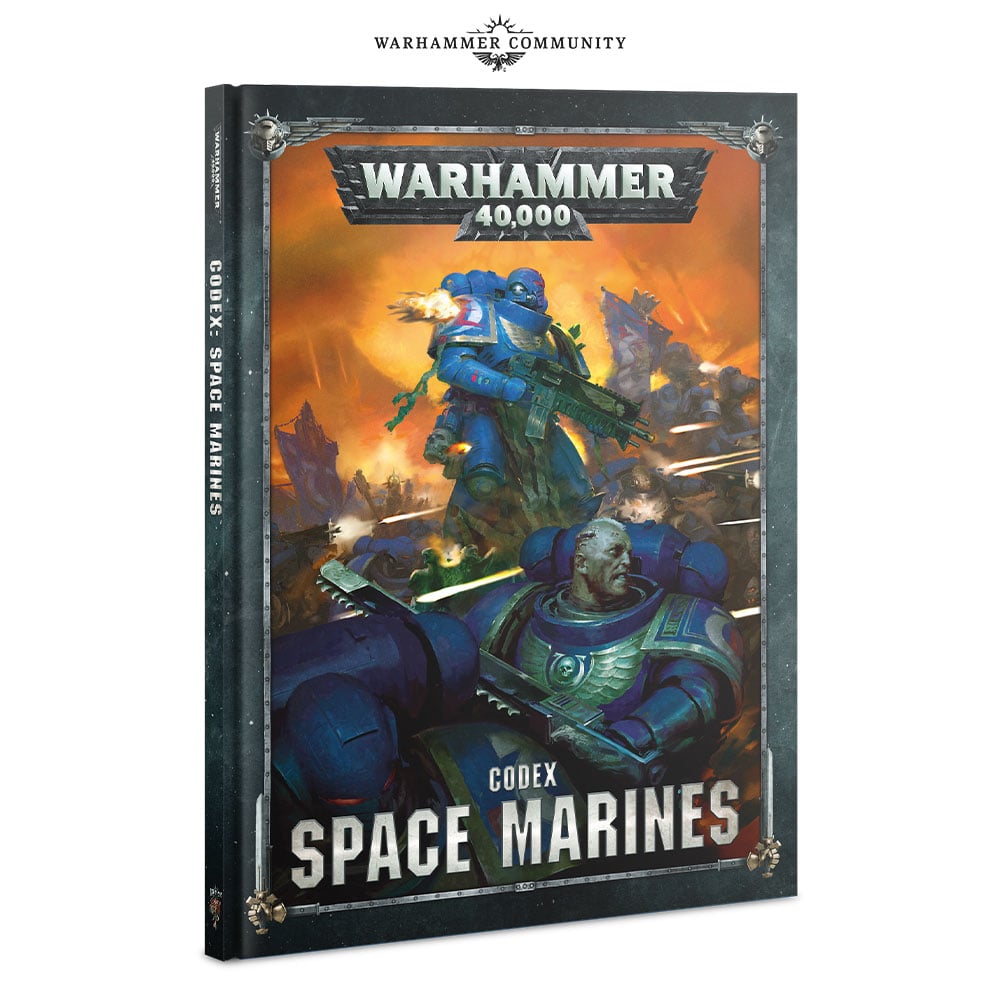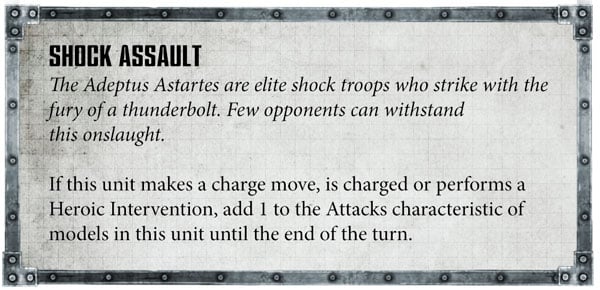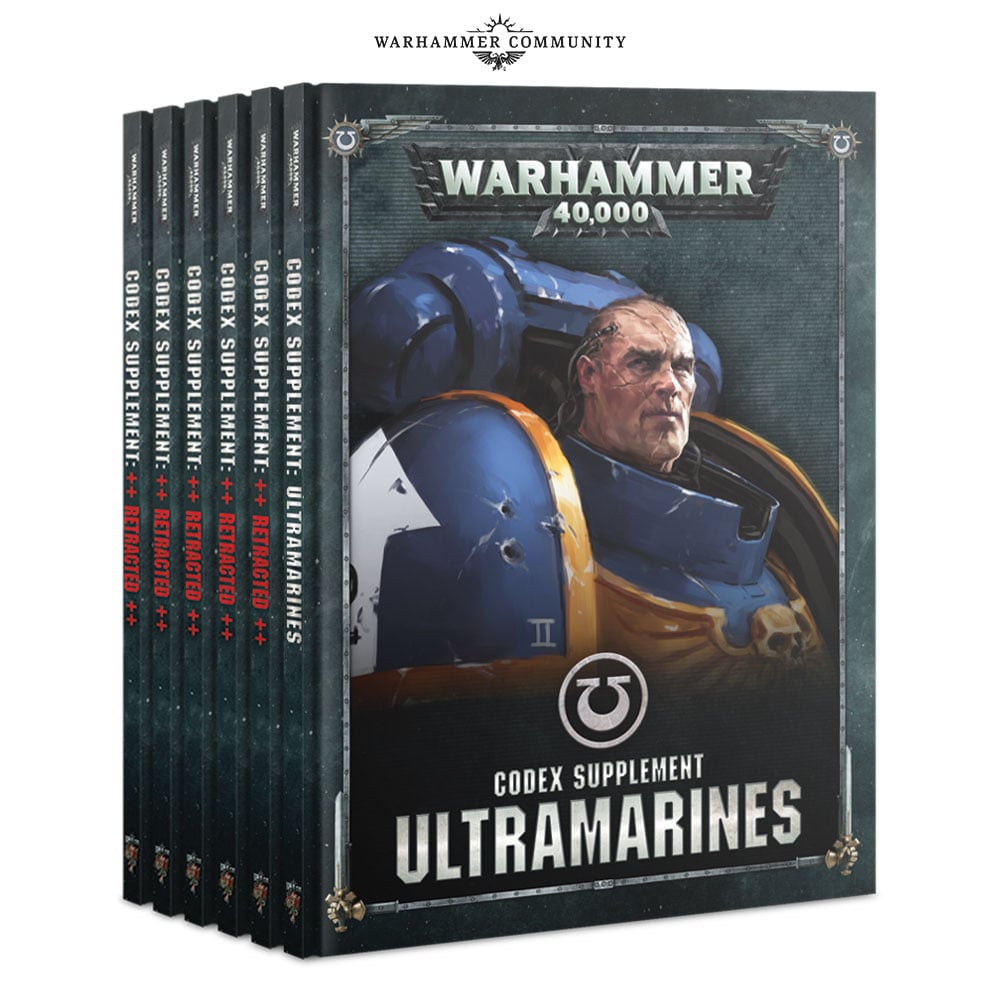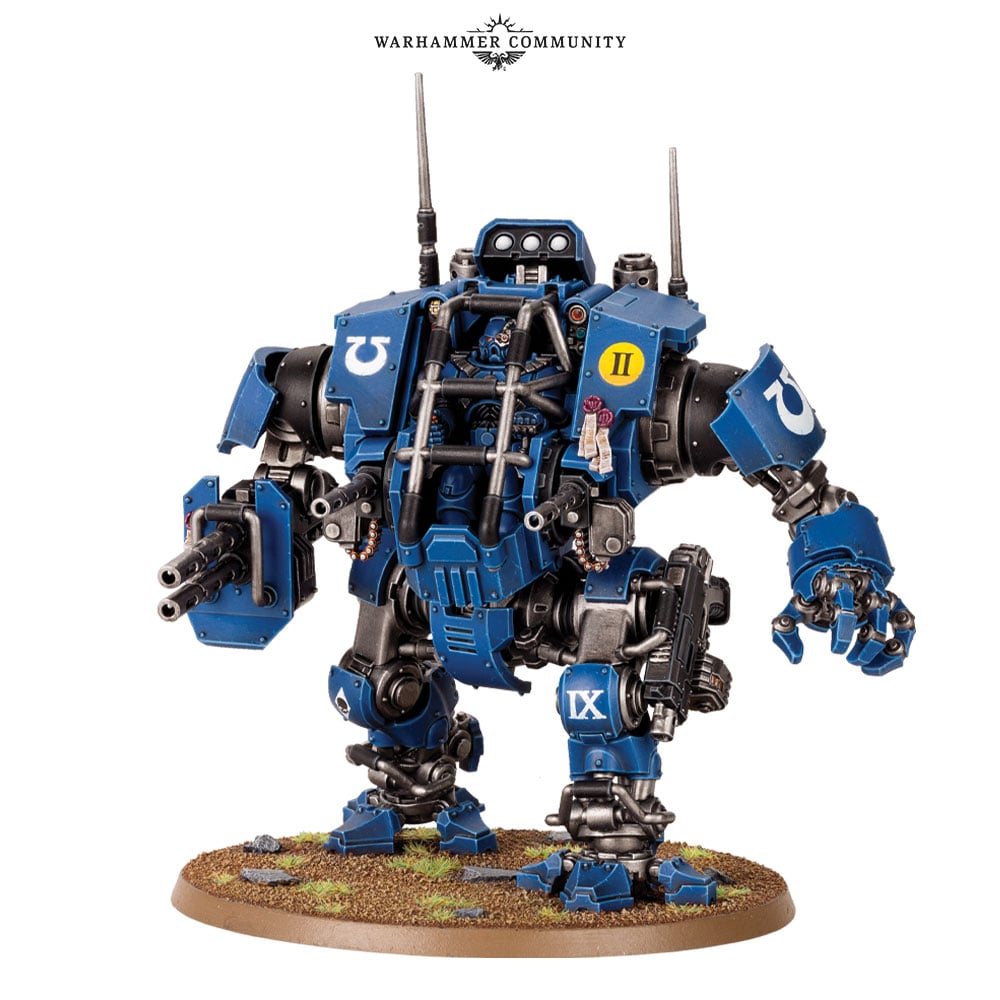Or "a dirge for Gai
Daigoji"
Martian Successor
Nadeisco is a Japanese animated TV series from 1996, and this is not
a review. This is an article that got started when I realised how old
my DVD of it was. A review would attempt to judge the subjective
experience of it in objective terms. Here, its more a stream of
consciousness affair, inspired by its TV tropes entry. I like the
series a lot, I think more people should watch it, here's a few
things in it I want to discuss. We good? OK.
Nadesico starts out with mysterious aliens known as the Jovian Lizards attacking Mars. It goes terribly for the human defenders. Civilians hiding in a bunker are then slaughtered off-screen, and Akito Tenkawa, the only survivor, screams as the gemstone around his neck glows brightly. Not many comedies start that way. Moving swiftly on.
Nadesico more usually starts with a 12 year old girl saying something cynical and dismissive, before the intro sequence starts. The intro theme features a lot of Gratuitous English, although I'm pretty sure it's parodic gibberish in Japanese too. Its amongst the best openings in 90's anime, but it's also a deliberate misrepresentation of what the show is. Thus begins the latest episode in a sprawling space opera that is actually a comedy more preoccupied with sending up its own genre. It's funny, both as parody and farce. And, as I've hinted at, it's also fond of mood whiplash and black comedy. At the risk of ruining a joke by explaining it, the concept runs along the following lines. Akito Tenkawa is a cook, and fate's plaything. He's basically got a superhero's backstory, and a case of PTSD. A chance encounter sees him meet a childhood friend, Yurika Misumaru, whom he believes would know why his parents were killed. Yurika is the captain of the Nadesico, a privately built battleship created by Nergal Heavy Industries. He joins the crew, looking for answers, only to fall into a robot's cockpit and save the day. So far, so mecha cliche. However, the Nadesico is full of people the regular military didn't want, not least if which is Yurika. She, despite her talents, has the emotional maturity of a toddler, and immediately pursues her childhood crush on Akito. What follows is not so much a love triangle, as a love polygon. Meanwhile, the comms officer is a voice actress, the helmsman is a former secretary built like a pornstar, the engineer joined to ditch his family, and the computer operator is that aforementioned 12 year old girl. It's a ship full of idiots and human resource reports waiting to happen. But I want to talk about just one idiot in particular, and from this point: HERE BE SPOILERS.
Jiro Yamada is an obnoxious blow-hard, who
defines his entire existence around a childrens TV show of dubious
quality. He's brash, immature, dismisses anyone not on his
wavelength, and adopted the name of "Gai Daigoji" because
his given name is basically John Smith in Japanese, and he's better
than that. Like the vast majority of the cast, he's an idiot, but
possibly the biggest idiot as he's the only mecha pilot I've ever
seen break his leg while pissing about in the hangar bay. Regardless,
we love him, because he's us. We've all been the obnoxious fan,
evangelising about some obscure bit of tat, wanting desperately to
share your obsession with someone. And more than that, he's so
obviously enjoying himself. He's living out his fantasy, with every
sign of enjoyment and total commitment to it. There is a sense of
audacity, but also innocence. I would give anything to be as happy as
this man. Then he dies. Not in combat, which I'm sure he would have
been cool with, but through being in the wrong place at the wrong
time. It's a senseless act of murder, killed by an escaping prisoner
to prevent him raising the alarm. Jiro for his part is seemingly
unarmed and unaware, shot with a pistol, and dying on the operating
table. We love him because he was taken from us so violently, and
suddenly. His last thought, which ends the episode, are the words,
"I'm sorry, Miss Nanako, looks like I'm not gonna take you to
the beach like I promised." The following episodes talk a lot
about death, and how it gets treated in animes, and Jiro's passing
becomes yet another strain on Akito's mental health. As he grieves,
he watches the show Jiro loved so much, and encounters a death scene
with the same line of dialogue Jiro thought as he bled out in the
hangar. The dudes last thought was to pay homage to a pastiche of a
70's super robot show.
Goddamnit, Gai. You big, beautiful, stupid, nerd.
Goddamnit, Gai. You big, beautiful, stupid, nerd.
The series uses Gai's love, Gekiganger 3, as a commentary on both itself and a Greek Chorus. It shows how anime used to be, versus how it was after stuff like Gundam. It even uses it as the basis for a clipshow, where the Gekiganger characters mock the show for falling behind schedule, forming a meta möbius strip. But more importantly for today's discussion, Gekiganger is how we find out if these characters are or aren't fans. But let's put a pin in that for a moment, as we need more context.
So, while mainly concerned with laughs and in-jokes, Nadesico does actually have a plot running in the background. Mostly, this is a framework to hang the parody on, something to provide the necessary explosions, and justification thereof. But it is there, and ultimately its as subversive in much the same way the humour is. Nergal Heavy Industries is an example of corporate greed and war profiteering, the titular Nadesico itself not being altruistic creation, if a warship can be such a thing(1). No, Nergal wants to reclaim Mars for its stockpiles of alien techno-gubbins. It turns out Nergal is not only as shady as balls, it also knows more about the aliens than they let on. So does the regular military. While the Jovians have only used unmanned weapons and seemingly made no declaration of war, thus obscuring their identities, they are in fact human. Actually exiles driven off Mars, and then erased from history. What was previously a just war of self-defence, proves to be as mucky as any other, with shades of grey everywhere. The crew does not take the news well, resulting in the end of at least one relationship, and a death by misadventure. What? Oh yes, this series is still a comedy. But now we find ourselves edging closer to its deeper point.
Here it is: the Jovian
"Lizards" are fans of Gekigangar 3. An entire race of Jiro
Yamadas. This makes them likeable as individuals, but the anime does
not think this is a great idea. While affectionate in its parody,
Nadesico is an argument against escapism, as evidenced by what
happened to Gai, and what the Jovians actually are/do. The Jovians
base their entire society around Gekigangar, taking on a religious
fervour. Unfortunately, Gekiganger is a shallow puddle of cliches,
plus the Jovians themselves were originally right-wing separatists.
They view Earthlings as inherently evil monsters, while describing
themselves as "The Superior Male Forces". Predictably,
their attitude to women isn't great either, being something in
between geeky embarrassment, and sexism disguised as veneration. The
series isn't exactly woke, but the ladies in the cast are either
bemused or insulted. If this is sounding anything at all like a
certain modern fandom, perhaps one set in space with a historically
black and white view of morality, yes, you'd be right. Everyone
believes they are the rebels, not the empire(2), and Nadesico does
not endorse this myopia. While the Jovians view themselves heroic
protectors of life, they place little value on the lives of those
opposing them, because they are the bad guys. Their leaders like it
that way, and quite happy exploit that zealotry while being as
cut-throat as Nergal. The most heartbreaking moment in the series is
when the cast tries to broker peace following an actual anime
convention, only for the Jovians dark side to be made obvious in the
most brutal way possible. Yes, that's right, a convention, and
while its spot-on as a depiction of such things, that episode ends
very badly. They thought being fans would bridge the gap, and sadly
fandom ultimately fails them, prompting Akito to reject Gekigangar.
But, while presenting this tragedy to us, Nadesico also rejects
cynicism and despair, remaining optimistic despite it all.
I
may be reading too much into it, but the series stops short of
blaming fandom, and the team of halfwits and weirdos that crews the
Nadesico do ultimately win on their own terms. The ending sadly
isn't as strong as the rest of the series, but at least its true to
the tone of the work. In the final 3 or so episodes things get real,
but it's not the depression grand tour that Evangelion and it's
imitators took. Maybe the writers found themselves in a corner, and
decided to go out with a bang. Things are definitely played with less
humour, but then the series always did know when to take things
seriously. And perhaps, mocking anime tropes only to play them
straight for the climax is an example of having your cake and eating
it too(3). But, remember the point I made about black and white
morality above? You know which character brings that up in the final
episodes? One of the series' few actual arseholes, someone whom was
never a fan of Gekigangar, and preferred animes where both sides had
realistic reasons to fight. He'd have a point, if he didn't
immediately follow that with justifications for his own greed. Its
not Gekiganger that's wrong, its us, and those power-brokers
manipulating people. In this case, the long plans of a weapon
manufacturer,an Earth Government trying to cover is own backside, and
a political class defined by war. The crew of the Nadesico seem to know
this, if not put that way, and they certainly don't accept it. After
much faffing about, they opt to remove the actual reason for the war,
the alien technology on Mars. And when presented with the option to
undo everything via timeywhimey in the climax, the cast chooses not
to. Instead, they choose to remember both the good & bad. You
could almost say it was breaking a cycle, or something, given that so
much aggro was caused by conspiracies to hide the truth and
“pragmatic” thinking. It ends with them accepting Gekiganger 3
for what it was, and valuing the time they spent together, above
erasing the past.
Please don't
ask me about the movie.
Meanwhile,
everything descends into farce, plotholes appear, time travellers
turn up, Yurika tries to detonate the ship, plotholes are called
out, and Akito comments that the last episode of Gekiganger was
terrible.
Conclusion
In my younger days, I liked Nadesico simply because it made me laugh. Later, because I recognised myself in it. And now, for all those things, plus its critique of fandom and what arguably counts as left wing politics. Perhaps it is just because I am old now, or maybe because time has changed its meaning. If you have to be a fan of something, you could do a lot worse than this. Go watch the first episode dammit.
In my younger days, I liked Nadesico simply because it made me laugh. Later, because I recognised myself in it. And now, for all those things, plus its critique of fandom and what arguably counts as left wing politics. Perhaps it is just because I am old now, or maybe because time has changed its meaning. If you have to be a fan of something, you could do a lot worse than this. Go watch the first episode dammit.
Footnotes
- I'd love to see a Marxist reading of the show.
- Or in more Japanese terms, honestly believe the Republic of Zeon was fighting a war for independence, not a genocidal power grab.
- Although, using that phrase makes me guilty of grammatical pedantry.







